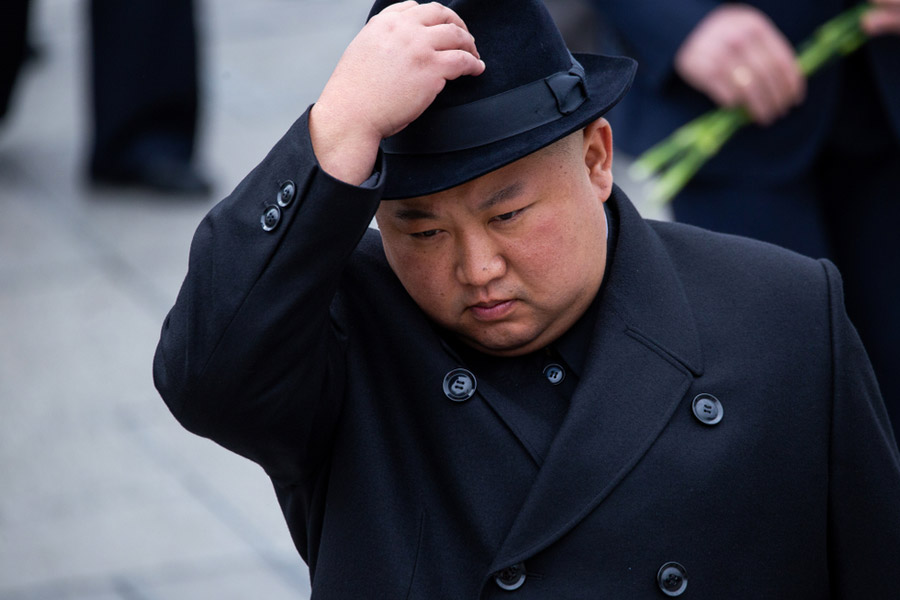Little is known about North Korea, a country of about 20 million people, beside the military dictatorship of Kim Jong Un, censorship, ballistic missiles, and nuclear threats to neighbouring countries like South Korea and Japan.
But what has gone unnoticed is the performance of North Korea in the Paris Olympics. A 14-member North Korean contingent has turned heads with their extraordinary performance at the Olympics.
North Korea secured an impressive haul of six medals - two silvers and four bronzes - placing them 68th on the overall medal tally.
Doesn’t sound exciting, right?
Here comes the surprise.
North Korea's 14 athletes secured 0.429 medals per athlete, a figure that dwarfs the efficiency of larger delegations. The United States sent 592 athletes, achieving 0.213 medals per athlete, while China's 388-strong team managed 0.234 medals per athlete.
The United States topped the medal table with a total of 126 medals (40 gold, 44 silver, 42 bronze) and China secured 91 medals (40 gold, 27 silver, 24 bronze).
North Korea has a better medal-to-athlete ratio than the sporting superpowers of the US and China, who usually come first and second in most Olympics medals tally.
North Korea’s medals came from a variety of disciplines. In table tennis, Ri Jong-sik and Kim Kum-yong clinched silver in the mixed doubles event. The diving duo of Kim Mi-rae and Jo Jin-mi secured another silver in the women's synchronized 10m platform. Bronze medal winners were Pang Chol-mi in women's 54 kg boxing, Kim Mi-rae in the women's 10m platform diving, Ri Se-ung in men's Greco-Roman 60kg wrestling, and Choe Hyo-gyong in women's freestyle 53kg wrestling.
The country did not participate in the 2020 Tokyo Games due to COVID-19 concerns. Their last Olympic appearance in Rio 2016 saw a larger contingent of 31 athletes bringing home seven medals, including two gold medals. A smaller team in Paris nearly matched this medal count underscores the efficiency of their 2024 performance.
And here comes the performance of India.
India stands 71st on the medal tally as against North Korea, who rank 68th in the medals tally.
India, with its population of 1.4 billion, secured six medals (1 silver and 5 bronze). Despite sending 117 athletes, India's medal-to-athlete ratio stood at 0.051, much lower than North Korea's 0.429.
Rajesh Kumar, a sports analyst based in New Delhi, spoke to The Telegraph Online on North Korea's achievement: "Their performance is truly remarkable. To send such a small team and return with six medals speaks volumes about their focus and preparation. It also raises interesting questions about the relationship between resources, population size, and Olympic success."
North Korea's surprising success serves as a reminder that smaller nations can excel on the global stage.
This unexpected narrative from the Paris Olympics serves a crucial lesson: in the pursuit of Olympic excellence, it's not just about the size of the team or the nation's resources, but about maximizing the potential of every single athlete.
Can India learn something from this in their future outings at the Olympics? Only time will tell.










